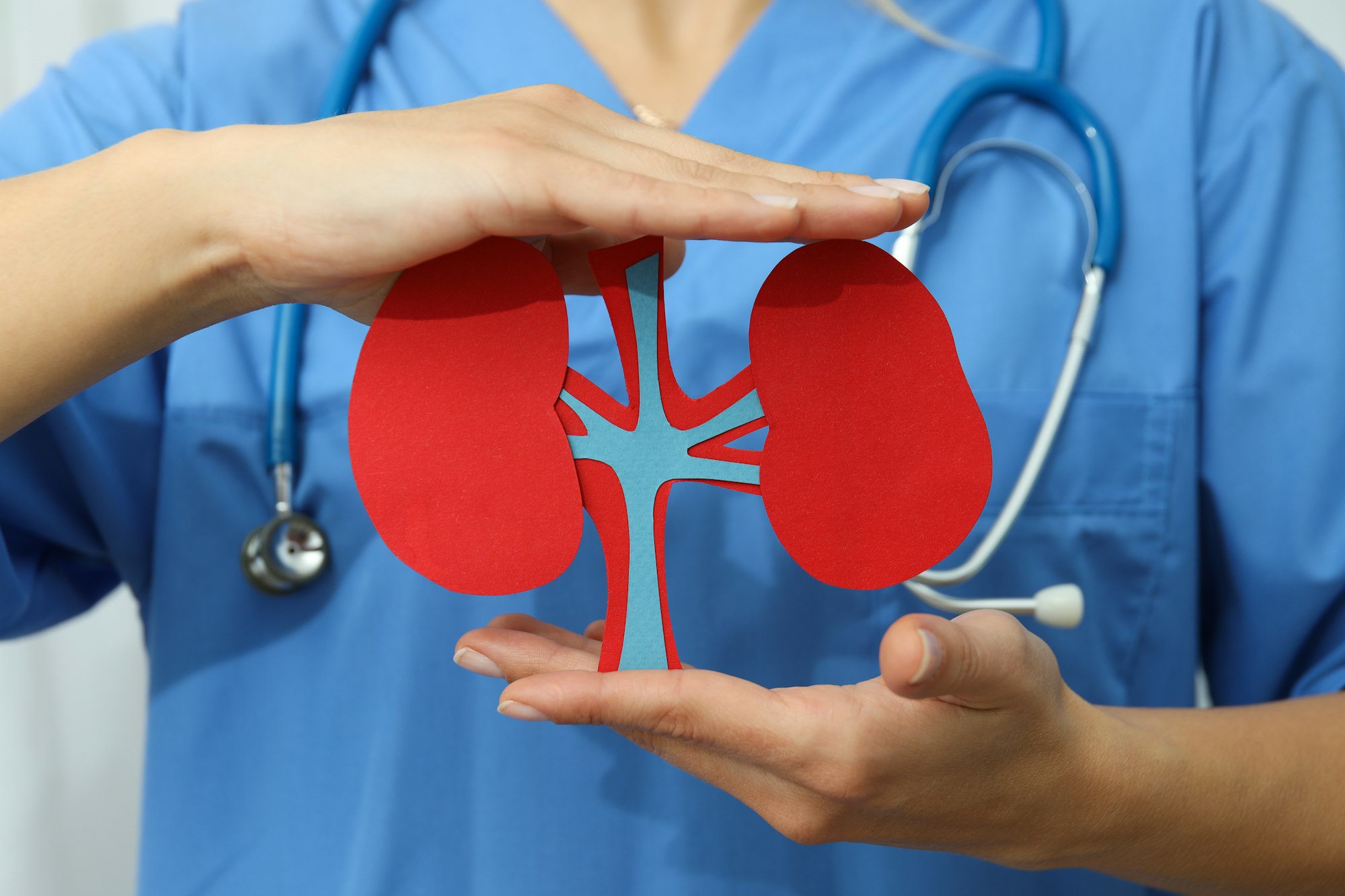Your kidneys play a crucial role in filtering waste from your blood, and one key marker of kidney health is your creatinine level. Creatinine is a waste product produced by muscles and is usually removed by the kidneys. When creatinine levels rise, it can indicate that your kidneys aren’t functioning properly. While it’s important to consult a healthcare professional for advice, here are some precautions and kidney care tips to help manage rising creatinine levels.
1. Stay Hydrated but Not Overhydrated
Dehydration can cause creatinine levels to rise, so it’s essential to maintain adequate fluid intake. However, for people with kidney issues, overhydration can put a strain on the kidneys. A good rule of thumb is to consult your doctor about the ideal water intake for your condition, as they can guide you based on your overall health and kidney function.
2. Follow a Kidney-Friendly Diet
Diet plays a pivotal role in maintaining kidney health and managing creatinine levels. Some dietary tips include:
- Reduce Protein Intake: High protein diets can increase creatinine production, especially animal proteins. Opt for plant-based proteins like legumes and tofu in moderation.
- Limit Sodium: Excess salt can lead to fluid retention and further strain your kidneys. Avoid processed foods, fast foods, and excessive salt in home-cooked meals.
- Monitor Potassium and Phosphorus: Some people with kidney disease need to limit these nutrients. Foods like bananas, potatoes, and dairy are rich in potassium and phosphorus, so consult your doctor or a dietitian for personalized advice.
3. Avoid Over-the-Counter Pain Medications
Certain pain medications, such as nonsteroidal anti-inflammatory drugs (NSAIDs), can harm your kidneys and lead to an increase in creatinine levels. If you regularly use these medications for pain, talk to your doctor about safer alternatives.
4. Monitor Blood Pressure and Blood Sugar Levels
High blood pressure and uncontrolled diabetes are major contributors to kidney damage. Maintaining a healthy lifestyle with regular monitoring of blood pressure and blood sugar levels can help protect your kidneys and prevent further increases in creatinine.
5. Exercise Regularly, But Don’t Overdo It
Physical activity is essential for overall health, but strenuous exercise can temporarily raise creatinine levels due to increased muscle activity. Opt for moderate exercises like walking, swimming, or yoga, which are less likely to strain the kidneys and elevate creatinine levels.
6. Consider Herbal Remedies Carefully
While some herbs are touted for their kidney benefits, certain herbal remedies can worsen kidney function or interact with medications. Always check with your healthcare provider before trying any herbal supplements.
7. Quit Smoking and Limit Alcohol Intake
Smoking and excessive alcohol consumption can damage your kidneys and raise creatinine levels. Quitting smoking and moderating your alcohol intake are important steps toward improving kidney health and reducing the risk of further complications.
8. Regular Kidney Function Monitoring
If you have been diagnosed with kidney disease or your creatinine levels are rising, regular monitoring is crucial. Blood tests, including creatinine and glomerular filtration rate (GFR), will help your doctor assess your kidney function and adjust your treatment plan as needed.
9. Manage Stress
Stress can lead to high blood pressure, which in turn affects kidney function. Incorporate stress-reducing activities into your routine, such as meditation, breathing exercises, or spending time in nature.
10. Follow Your Doctor’s Treatment Plan
If your creatinine levels are rising due to an underlying condition such as chronic kidney disease, your doctor will likely provide a treatment plan that may include medication, lifestyle changes, or dietary modifications. Following this plan closely is key to managing your kidney health.
Conclusion
Rising creatinine levels can be a sign of reduced kidney function, but with the right precautions and lifestyle changes, it is possible to manage and support your kidney health. Be proactive by staying hydrated, eating a kidney-friendly diet, exercising moderately, and working closely with your healthcare provider. Regular monitoring and early intervention can help protect your kidneys and improve your overall well-being.
For personalized advice and treatment, always consult with a healthcare professional, especially if you are experiencing symptoms related to kidney dysfunction.

Leave a Reply